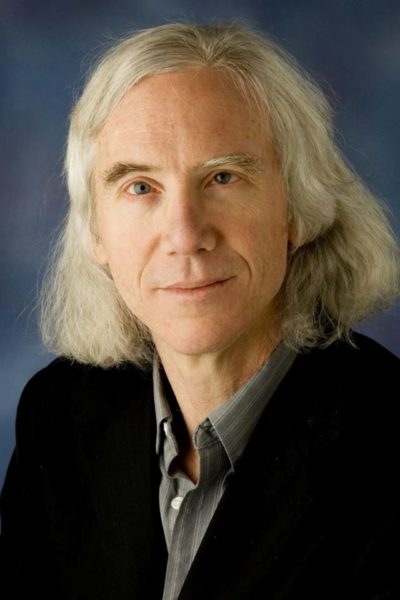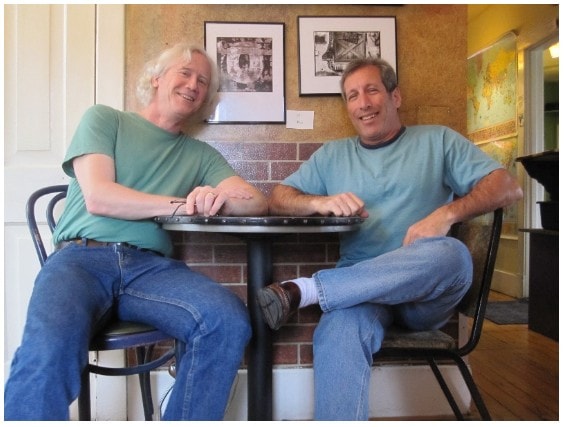In Memoriam: William D. Davies
William D. Davies passed away on August 18, 2017, one day after the last page of Language Conflict and Language Rights was completed and the book was put into production. One can truthfully say that he worked as a linguist until the last day of his life. Completing his PhD at UCSD in 1981 with a dissertation on Choctaw syntax under the direction of David M. Perlmutter, Bill went on to a thirty-year career at the University of Iowa, publishing widely on topics such as Choctaw, grammatical relations, raising and control, and the syntax of Indonesian languages, especially Madurese.

Starting his career as an empirically focused theoretician, Bill made it his business to venture into untouched areas of discovery – focusing in the main on languages (such as the Amerindian Choctaw and the Indonesian Madurese languages) that few others had bothered with. In this way, his research brought light to the languages of less recognized and (previously) less valued peoples.
Even to the end, his work with the Baduy people of Indonesia sought (as always) to light up the places and peoples that were in the margins and in the shade. His theoretical work was, invariably, coupled with efforts to give back to the people who so graciously allowed him into their space to do his research – studying the grammar of the Madurese while, at the same time, preserving and rendering accessible the rapidly disappearing folk story traditions for their next generation. His inspired dedication of the Language Conflict and Language Rights book speaks volumes about his desire to make his scholarship relevant and to leave the world better than he found it, “This book is dedicated to all people past and present who have lost their language/their (original) voice or had it forcibly ripped from them and have suffered the countless attendant indignities.”
Bill Davies was so much more than a linguist, although he was certainly that, too. He was a mentor, a guide, a model, and an inspiration to all those who he touched professionally. The several books and dozens of published articles and chapters he produced are but the visible surface of a rich record of deeply engaged scholarship, impressively insightful empirical discovery, innovative collaborations, and the mature and generous mentoring of junior colleagues. As one who benefitted from the sometimes undeserved joy of collaborating with
him, for some thirty years, this writer can regret that we didn’t have longer. But that regret cannot erase the gifts of those three decades – decades of discovery, comradery, and friendship.
At home, in his own university, he led his Linguistics Department (both officially and unofficially) for most of his thirty-plus years there and held it together for the sake of his colleagues when many others might have walked away. It is because of him, and nearly only because of him, that the University of Iowa still has a Linguistics Department today. His sacrifice for his department, his colleagues, and the department’s students stands as a monument to the goodness of his soul.
I will miss him for as long as I am lucky to live and know that others who walked with him will miss him at least as much as I. Grateful I am for having been lucky enough to know him, and proud I am for having had the privilege to call him, truly, my best friend and colleague.
– Stanley Dubinsky
